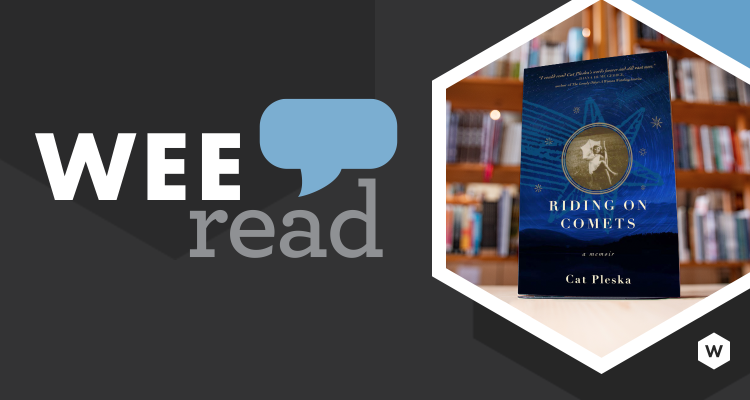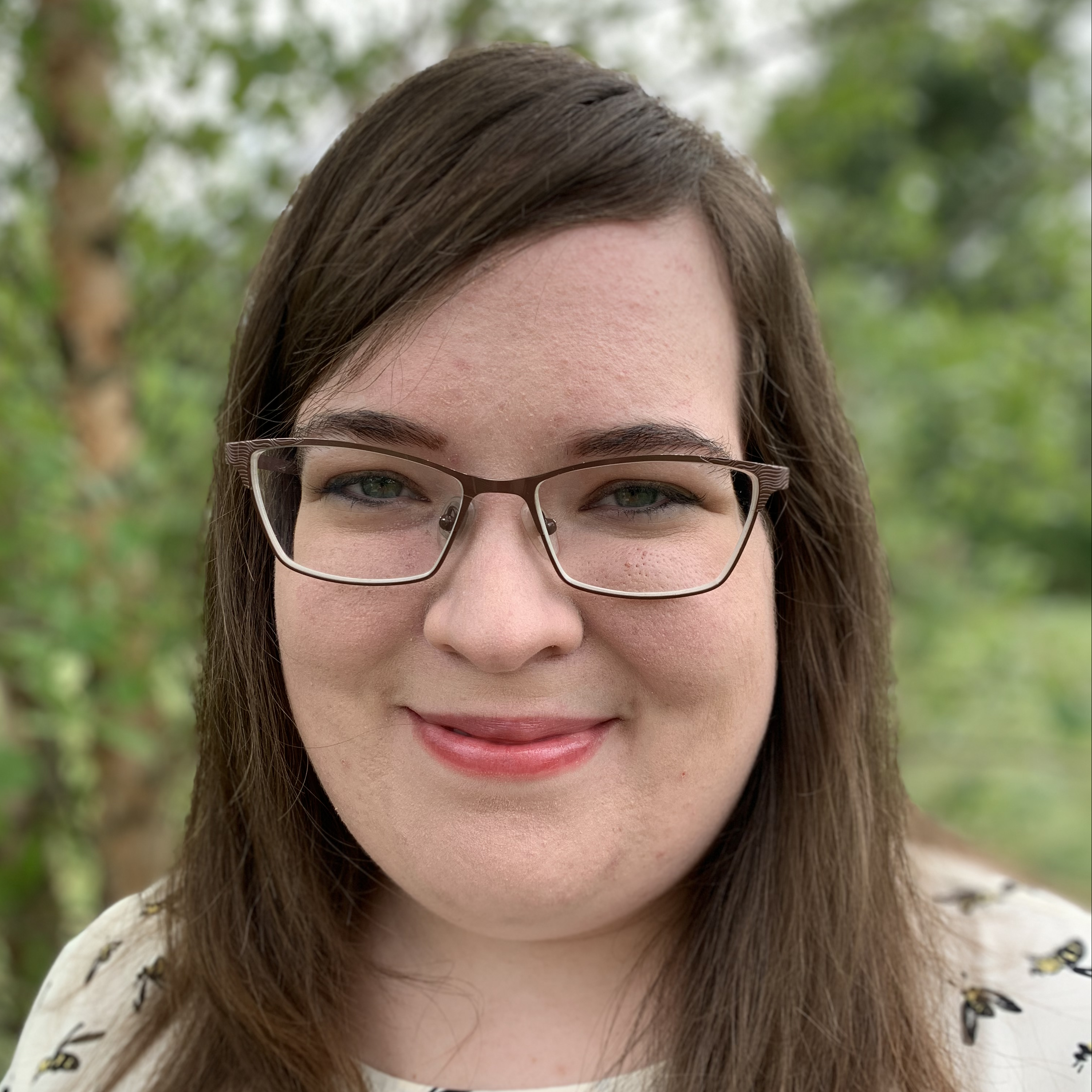In her memoir Riding on Comets, born-and-bred West Virginian Cat Pleska recalls coming of age in the 1950s and ‘60s in a story that, at its core, is about a family trying to stay together. At first look, Pleska’s childhood may seem idyllic: she grows up in a small town with her mother and father and spends time with doting grandparents, Poppaw and Mommaw, on their family farm. Born in Hurricane and raised predominately in Point Pleasant, West Virginia, small-town living and life on a farm are both treated with nostalgia.
Throughout the memoir, Pleska reminiscences about simple pleasures that will sound familiar to many Americans from rural or small-town backgrounds: riding bikes with friends in town, catching fireflies in the countryside or visiting acquaintances down dirt roads where “houses on both sides are small and white.”
However, Pleska begins to see through the cracks at a young age; her simplistic life is upset when she comes to understand that Poppaw and her father are both alcoholics whose behavior threatens their family’s stability. She sees this firsthand with her mother, a woman who cannot drive, who is left to sit and wait for a wayward husband who may be gone for days at a time. It is up to the women in the family to keep them all together, which they do with varying degrees of success and often with a great deal of personal sacrifice.
Pleska’s young life is further beset by issues outside the home: anxieties surrounding the Cold War find her in elementary school when the Cuban Missile Crisis comes to the forefront, and again in high school as young men from her small town are drafted into the Vietnam War. Anxiety and fear are common undercurrents throughout the memoir as Pleska discusses fears rooted in superstition, in family strife and in the nation’s role on the world stage.
Despite these fears and struggles, Pleska remembers her upbringing and family with a great deal of tenderness and appreciation. In many ways, Pleska’s memoir is an ode to the women who raised her. She reflects that “the women in my life spent an inordinate amount of time enduring” — enduring the husbands they had chosen and the lack of opportunities offered them due to time and circumstance. Despite their challenges, Pleska’s Mommaw and mother repeatedly rise to the occasion.
Pleska’s mother is described as being a woman with intelligence and humor, who “had a knack for making things pretty even though she had next to nothing.” She keeps her humor even after suffering bouts of depression and anxiety due to her husband’s drinking and frequent absence. The men in her family are larger than life, and she is a little girl in the presence of giants who are almost equal parts awe-inspiring and mystifying.
The power of place is often a topic in West Virginia literature, and Riding on Comets is no exception. Pleska’s story may not revolve around the mountains or the mines of West Virginia, but she recognizes that the land has a hold on her family all the same. A seventh-generation West Virginian, Pleska and her family are deeply embedded in the land and culture. She establishes this early on by recounting her own childish delight in the land, opening the memoir with stories about making mud pies, catching fireflies and feeding livestock with her Poppaw.
Her father’s side of the family is particularly tied to the region, with their homestead established in the 1860s and serving as refuge for several generations. Of her father, Pleska notes that “the pull of the mountains and the rivers had remained strong in him” even after he had retired to South Carolina. Trips to Cheat Mountain are tradition for the men in the family, and her father visits the area often because “the land in that part of West Virginia [Gauley Mountain] was as sacred to [him] as anything.” For Pleska and her family, the mountains come to represent both belonging and loss as time goes by.
Riding on Comets is a touching and well-crafted example of its genre. Pleska deftly weaves together her story and the story of her family in a way that will make the reader feel like a participant, not just an observer, to her life. Between her knack for storytelling and the relatable nature of her memoir, Pleska leaves the reader feeling like they’ve just spent time with an old family friend.
Because it blends the nostalgia of both rural and small-town living, this memoir has a near universal appeal, even as it is set in a particular area and time in West Virginia. Many readers will relate to Pleska’s coming-of-age and dawning understanding that her parents and grandparents are human beings: sympathetic, flawed, with their own past struggles and inner lives. Pleska’s conviction that she will not end up like her parents, trapped in an unhappy marriage with dreams deferred, comforts her and helps her stay above the fighting. She acknowledges her family’s flaws but ultimately praises them, recalling their humor, kindness and talents while forgiving their mistakes.
Whether you are a fan of memoirs or of the Mountain State, I heartily recommend this book. If you enjoyed Jeanette Walls’ memoir The Glass Castle, I suggest you pick up Riding on Comets, as both Walls and Pleska rise above a flawed family and present a hopeful future. With its nostalgic view of small town life in the 1950s and ’60s, Pleska’s style also compares to works of fiction like those by Fannie Flagg. If you enjoyed Flagg’s novels like Standing in the Rainbow or Welcome to the World, Baby Girl!, you are likely to enjoy Riding on Comets. I would further recommend this memoir if you are looking for a book club pick: it is a relatively quick and easy read at a little over 200 pages and comprised of short chapters, and the 2015 edition from Vandalia Press even provides discussion questions.
• Raised in Wellsburg, West Virginia, Anna Cipoletti is a proud alumna of Mount de Chantal Visitation Academy, West Liberty University and Kent State University. She received a Bachelor of Arts in English Literature from West Liberty in 2014 and a Master of Library and Information Science degree from Kent State in 2017. Anna has made a career out of a lifelong love of books and works full-time at Bethany College as a librarian and parttime as a bookseller and book reviewer. She resides in Beech Bottom with her sister and two Siamese cats. A nature enthusiast, Anna often spends her free time visiting one of West Virginia’s many beautiful parks or kayaking along Buffalo Creek.



